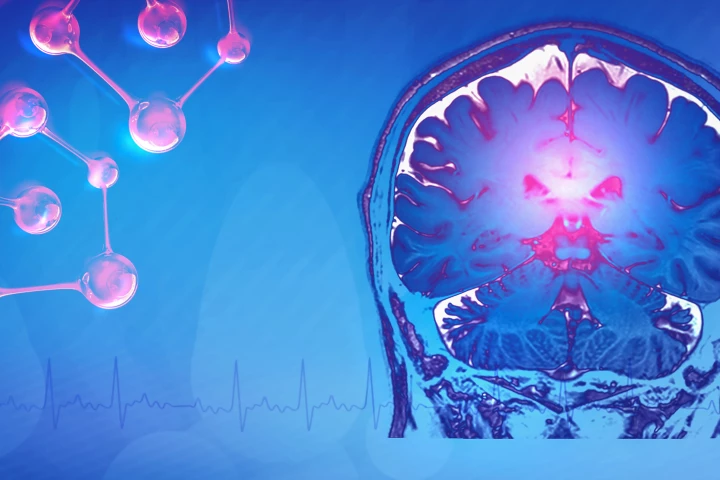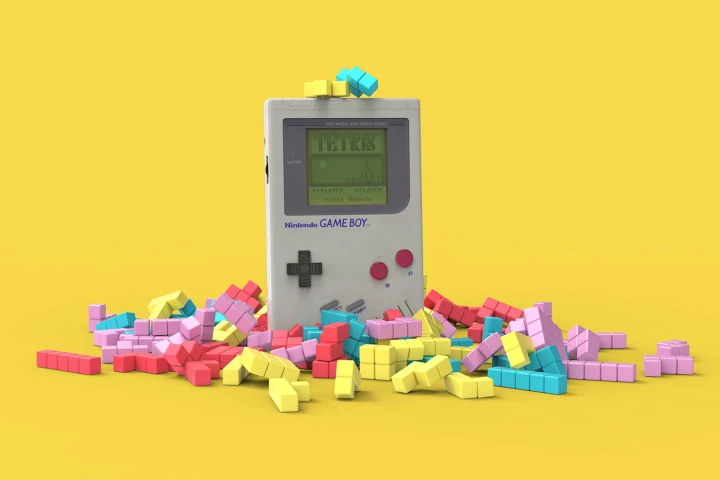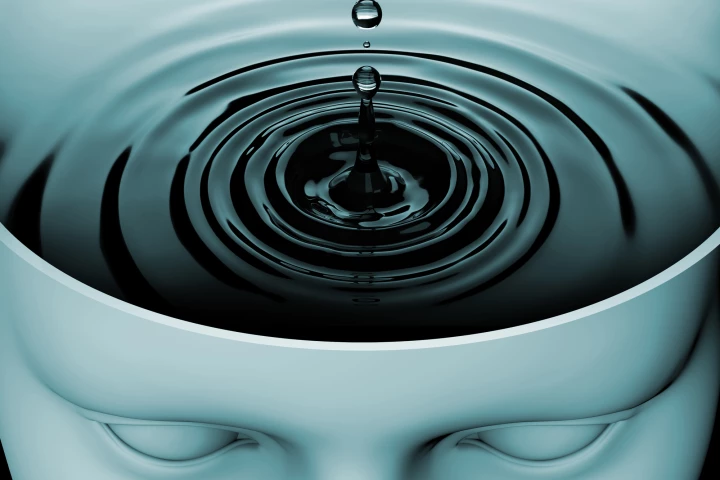PTSD
-
One of the brain’s biggest benefits from exercise – the birth of new neurons – may not even require any movement. Instead, the beneficial “packages” circulating in the blood after working out can be successfully transferred to others.
-
Training a service dog doesn’t just change the life of another veteran; it may help heal the trainer, too. A new study finds that volunteering with dogs could slow biological aging in female veterans with PTSD while easing stress and anxiety.
-
In a first-of-its-kind study, researchers zoomed in on PTSD at the single-cell level to better understand how it affects the brain. The findings revealed how trauma can lead to specific molecular changes in some brain cells.
-
A cannabinoid our bodies produce naturally has been found to play a role in the fear responses characteristic of conditions like anxiety and PTSD. The discovery opens the door to developing a treatment that targets this specific chemical.
-
A group of Texas-based researchers has developed an effective way to treat post-traumatic stress disorder that involves zapping the vagus nerve around the neck, using a device the size of a shirt button.
-
Fascinating new findings uncover how clusters of 'brain stars' retain our learnings – and it changes what we previously understood about how memories are held and retrieved in our minds. The medical implications of this are vast.
-
A study conducted by researchers at Uppsala University shows that playing the popular video game Tetris can significantly reduce flashbacks in people suffering from post-traumatic stress disorder (PTSD).
-
We were this close to seeing Ecstasy being incorporated into therapy in the US in 2024. Now, we have to wait either a little or a lot – depending on how the chips fall. Let's have a closer look at where we're currently at.
-
Two dogs in a small study were able to correctly identify what breath smelled like when it was linked to a memory of trauma. The finding might allow dogs to be even better friends when it comes to helping PTSD sufferers cope with their conditions.
-
Researchers have identified the neurons responsible for controlling how growth hormone affects anxiety and the creation of fear memories, a hallmark of post-traumatic stress disorder. The discovery could lead to a new class of anti-anxiety drugs.
-
A study has found that a therapy program focusing on self-compassion and mindfulness reduced symptoms of post-traumatic stress. The intervention is promising for those who suffer from PTSD symptoms but don't meet the criteria for a formal diagnosis.
-
For the first time, scientists have identified how going to bed stressed fires up certain brain cells at the wrong time in the sleep cycle to significantly interrupt it – and that suppressing this activity can ensure 'business as usual' slumber.
Load More











